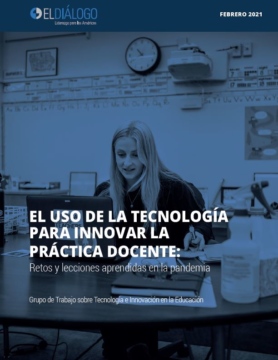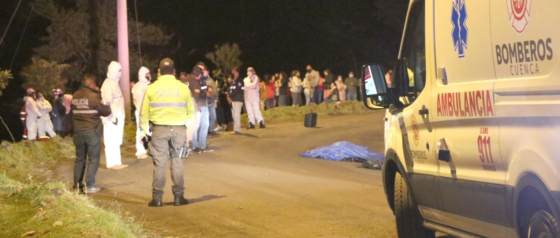
¿Qué está impulsando el aumento de crimen en Ecuador?
A Latin America Advisor Q&A featuring experts’ viewpoints on the increase in instances of violent crime in Ecuador.
A Latin America Advisor Q&A featuring experts’ viewpoints on the increase in instances of violent crime in Ecuador.
El 28 de febrero 2022 Michael Shifter, presidente de Diálogo Interamericano, dialogó con el rector de la Universidad Andina Simón Bolívar, César Montaño Galarza. La entrevista se realizó por el programa radio y podcast Café con el rector de la emisora Voz Andina Internacional. Al centro de la discusión se encontró la democracia en América Latina y la importancia del diálogo político en la región y el mundo.
América Latina termino el año 2021 convulsa, em medio de la pandemia y con un ciclo electoral que reconfigura el mapa geopolítico de la región. Michael Shifter, presidente del Diálogo Interamericano, conversa con Gustau Alegret en su program Cuestión de Poder de NTN24 sobre los desafíos económicos, la pandemia del Covid-19 y las elecciones en Colombia y Brasil.
Michael Shifter, president of the Inter-American Dialogue, sits down with Latinvex to answer important questions as three major economies in Latin America – Brazil, Chile, and Colombia – approach presidential elections and other countries face crises and protests.
Michael Shifter, presidente del Diálogo Interamericano, participó en una entrevista con El Mercurio donde habló sobre la importante relación entre Estados Unidos, Colombia y Ecuador. En dicho artículo se hace mención específicamente sobre la presión migratoria en la frontera sur de los Estados Unidos, el viaje a Ecuador del Secretario de Estado Antony Blinken y el avance de los valores democráticos, la prosperidad de estos países, y su seguridad en medio de la fuerte presencia de crimen organizado en la región.
While 2021 has been a year of transition for the energy sector in Latin America, it has also been a year of instability in the region’s political conditions and social environment. Under this context, industry experts, government officials and corporate representatives convened virtually to discuss the challenges, opportunities and changes in Latin America’s energy markets at the Fifth Annual Latin America Energy Conference.
On September 21st, 2021, The Inter-American Dialogue hosted a panel titled “The Changing Face of Migration in the Americas” to discuss the growing scale of migration in Latin America and the Caribbean and the changing composition of these flows over the past two years.
In this report, the members of the Education Technology and Innovation Working Group call to continue investing in the innovative efforts that have been observed during this difficult period and to turn them into transformative, long-term strategies.
This study developed by Javier Quesada and Claudia Castro outlines a competency framework for care and education personnel as a common starting point that countries in the region can incorporate into their training and certification plans.
The Working Group on Technology and Innovation in Education presents and analyzes the effective implementation and use of Education Management Information Systems (EMIS) in Latin America and the Caribbean.
The Amazon rainforest, one of the world’s most important ecosystems, faces environmental impacts from hydroelectric dams, oil and gas drilling sites, and mining projects. A new database and analysis by the Inter-American Dialogue reveals that state-owned enterprises, as well as small and mid-sized international companies from a handful of countries, operate the largest share of such projects in the Amazon region, meaning these companies have a substantial influence over the implementation of environmental and social safeguards.
El 10 de marzo del 2020 el Grupo de Trabajo sobre América Latina realizó un seguimiento a su 33ª reunión que tuvo lugar el 3 de diciembre del 2020.
In an interview with CGTN America, Michael Shifter discussed the recent elections in Ecuador and Peru. In the former, Guillermo Lasso won the race despite lagging behind Andrés Arauz in the polls, and in Peru, Pedro Castillo unexpectedly won the first round of voting, with Keiko Fujimori coming in second.
On March 16, 2021, the Inter-American Dialogue, Fundamedios, and the Institute for Advanced Studies of the Americas at the University of Miami, hosted Media and Democracy in the Americas IV, a conference that convened journalists, academics, and prominent researchers from Latin America and the United States.
The EdTech Working Group presents the main challenges and lessons learned in the use of technology to support teachers before and during the pandemic.
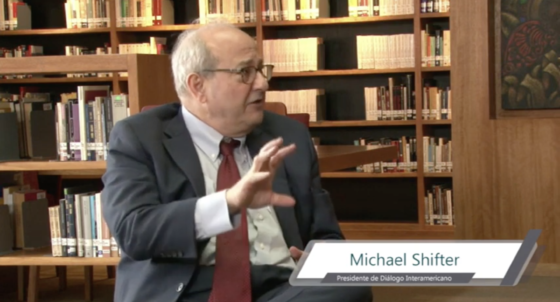 Video
Video
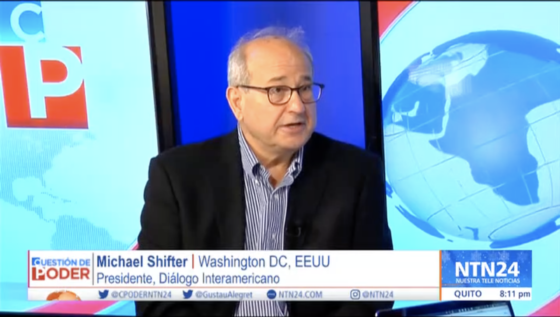 Video
Video
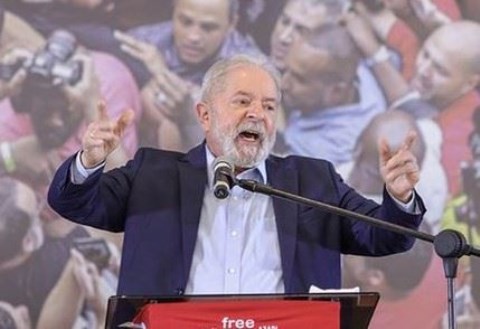

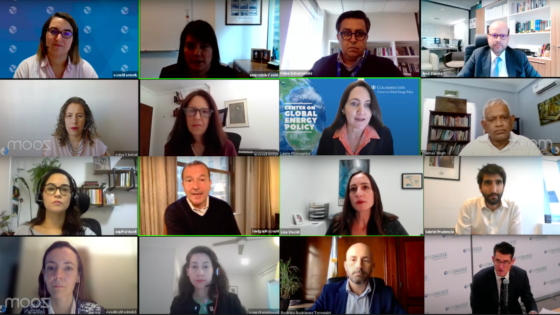 Video
Video
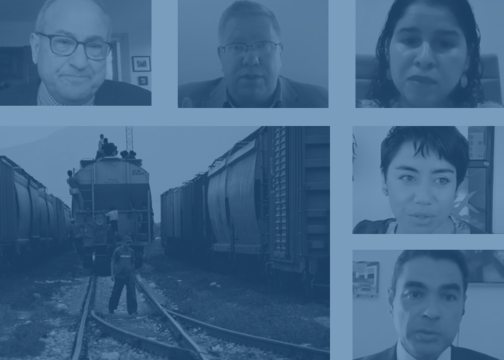 Video
Video
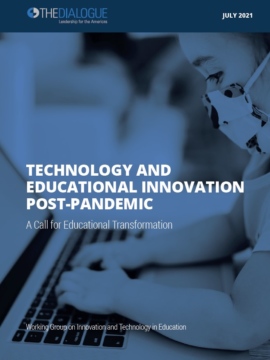
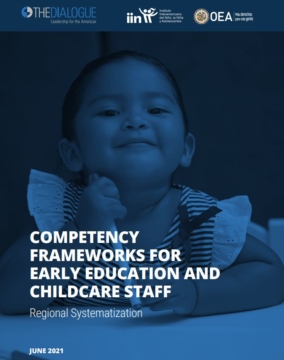
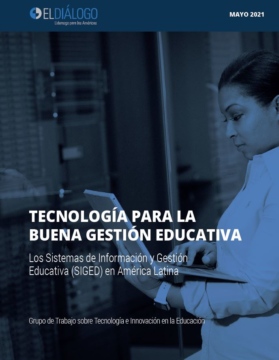
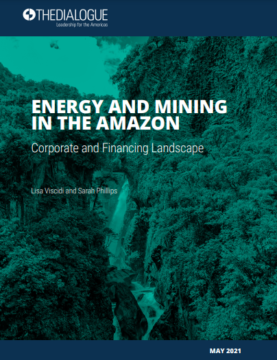
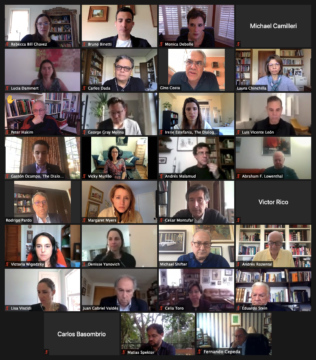
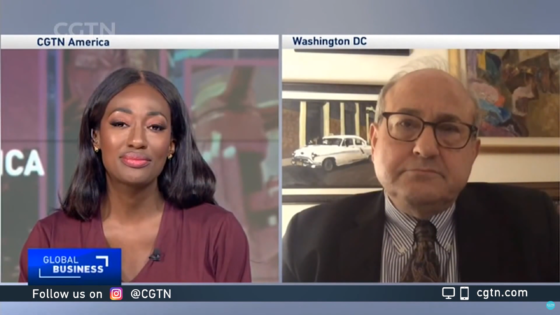 Video
Video
 Video
Video
